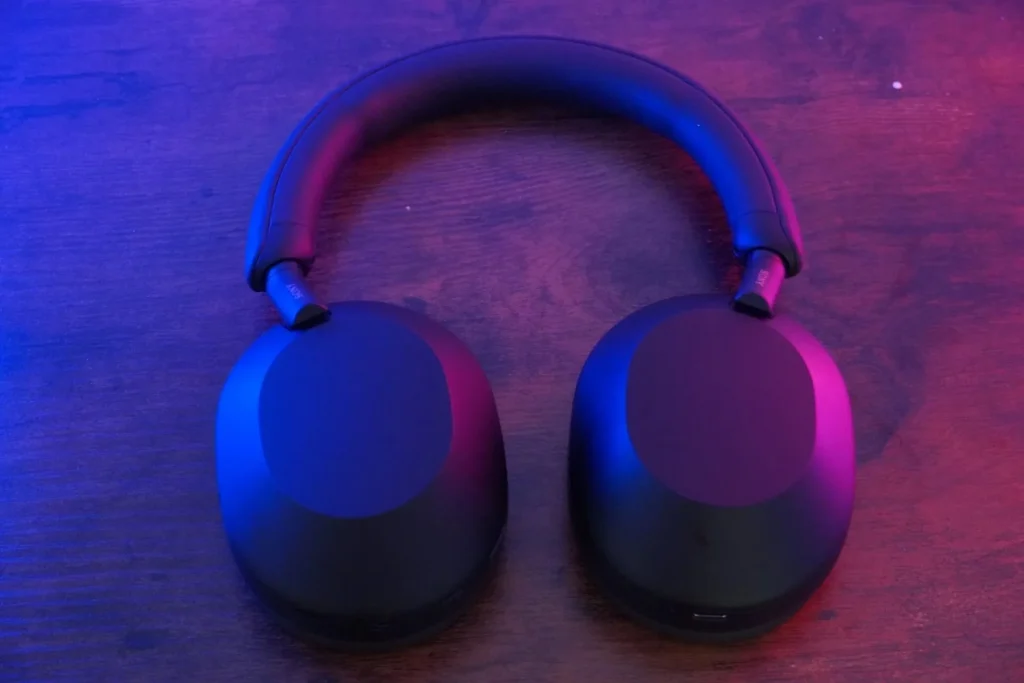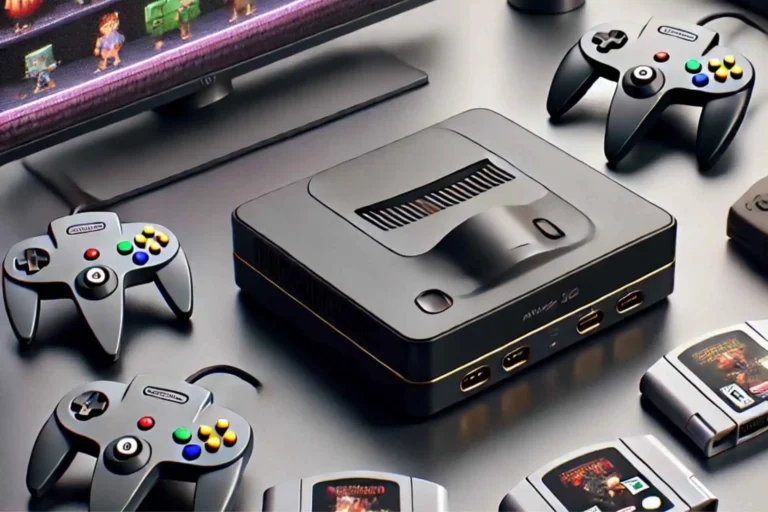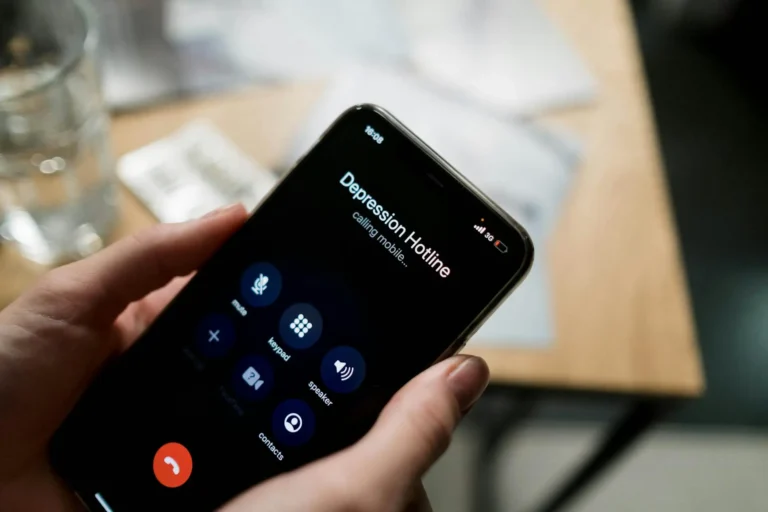Headphones Will Never Give You the Best Quality
You might love the convenience of your wireless headphones, but if you’re serious about sound quality, let’s talk about why they’ll never give you the best experience. After working with audio gear for over a decade, I’ve seen firsthand that wired options just bring a level of clarity that wireless can’t match. Let me explain why that is.

The Limitations of Wireless Headphones
Bluetooth Limits Sound Quality
No matter how far Bluetooth technology has come, it’s still holding back sound quality. Bluetooth transmits data wirelessly by compressing audio, which means you lose some of the finer details in the music. It’s kind of like the difference between a high-quality vinyl record and a standard MP3—you can tell something’s missing.
While newer Bluetooth versions have made this compression more efficient, the reality is that wireless headphones still can’t transmit the full depth of sound that a wired connection can. If you’re listening to high-fidelity tracks, you’ll notice wireless headphones just flatten the richness and nuance.
Codec Quality – SBC, AAC, and aptX
Another factor here is the codec your headphones use. Bluetooth audio relies on different codecs to transmit sound. The most common one, SBC, offers decent quality but lacks the depth and detail that audiophiles crave. More advanced codecs like AAC and aptX are better, but even they can’t match the uncompressed sound you get through a cable.
Take aptX HD or aptX Low Latency, for example—they improve wireless sound to a degree, but they’re still working within the confines of Bluetooth’s limitations. If you’re looking for the purest, most authentic audio experience, a wired connection is still the way to go.
Wired vs Wireless – The Key Differences
Latency and Sound Delay
One of the biggest issues with wireless headphones is latency—that’s the delay between when the sound is created and when you actually hear it. If you’re just listening to music, you might not notice, but it becomes a problem with gaming, video editing, or even watching movies. That small lag can be enough to throw things off.
Wired headphones, on the other hand, offer almost zero latency because there’s no need to transmit the signal over the air. The sound gets to your ears instantly, making them ideal for activities where timing is critical.
Range and Interference
Wireless headphones also come with limitations around range and interference. Sure, some modern wireless models have impressive range, but if you walk too far from your device, you’ll likely encounter signal drops or distortion. And don’t even get me started on how much interference can mess with your sound in crowded places with tons of wireless devices.
Wired headphones, though? They’re rock solid. There’s no range issue or interference—you’re always getting a stable, consistent connection.
Why Wired Headphones Are Still the Best for Audiophiles
Consistent Audio Performance
If you care about sound quality, you can’t beat wired headphones. Why? Because wired audio delivers an uncompressed signal straight from the source to your ears. There’s no Bluetooth compression, no codec limitations—just pure, high-quality sound.
That’s why audiophiles and professionals stick with wired setups. Whether you’re a musician, a sound engineer, or just a music lover with a sharp ear, wired headphones give you the full range of sound without any of the compromises that come with wireless.
High-Resolution Audio and Studio Use
For professionals in the studio, wired headphones are essential. You need the kind of precision that only a direct connection can provide. When mixing or mastering tracks, every little detail matters. Wireless headphones just don’t offer the same level of accuracy.
High-resolution audio files—those big, beautiful files that capture every nuance—really shine through a wired connection. Wireless simply can’t deliver the same level of detail, especially when it comes to more complex tracks.
Popular Myths About Wireless Headphones
The Myth of Wireless Sound “Improvement”
There’s a persistent myth that wireless headphones are now on par with wired ones when it comes to sound quality. Let me clear that up: while Bluetooth has come a long way, it’s not on the same level as wired connections. Wireless headphones are great for casual listening, but if you’re after the best sound, wired is still the superior choice.
When Wireless is Good Enough – Convenience vs. Quality
Now, I’m not saying wireless headphones don’t have their place. They’re perfect for the gym, commuting, or any situation where convenience matters more than audio fidelity. In fact, I use my wireless headphones for day-to-day tasks when I don’t need pinpoint accuracy.
But when I want to really enjoy my music, I’ll always reach for my wired pair. There’s just something about that clean, crisp sound that wireless headphones can’t replicate.
Conclusion
At the end of the day, wireless headphones are fantastic for their convenience and portability, but they’re never going to give you the best sound quality. Bluetooth’s limitations, codec compression, and the issues with latency and interference all add up to a less-than-perfect audio experience.
If you’re someone who values sound quality above all else—whether you’re an audiophile, a professional, or just a serious listener—wired headphones are the only way to go. They might not be as convenient, but the depth, clarity, and richness of sound you get is worth it. So, while wireless might be good enough for most, for the best experience, you’re going to want to plug in.





